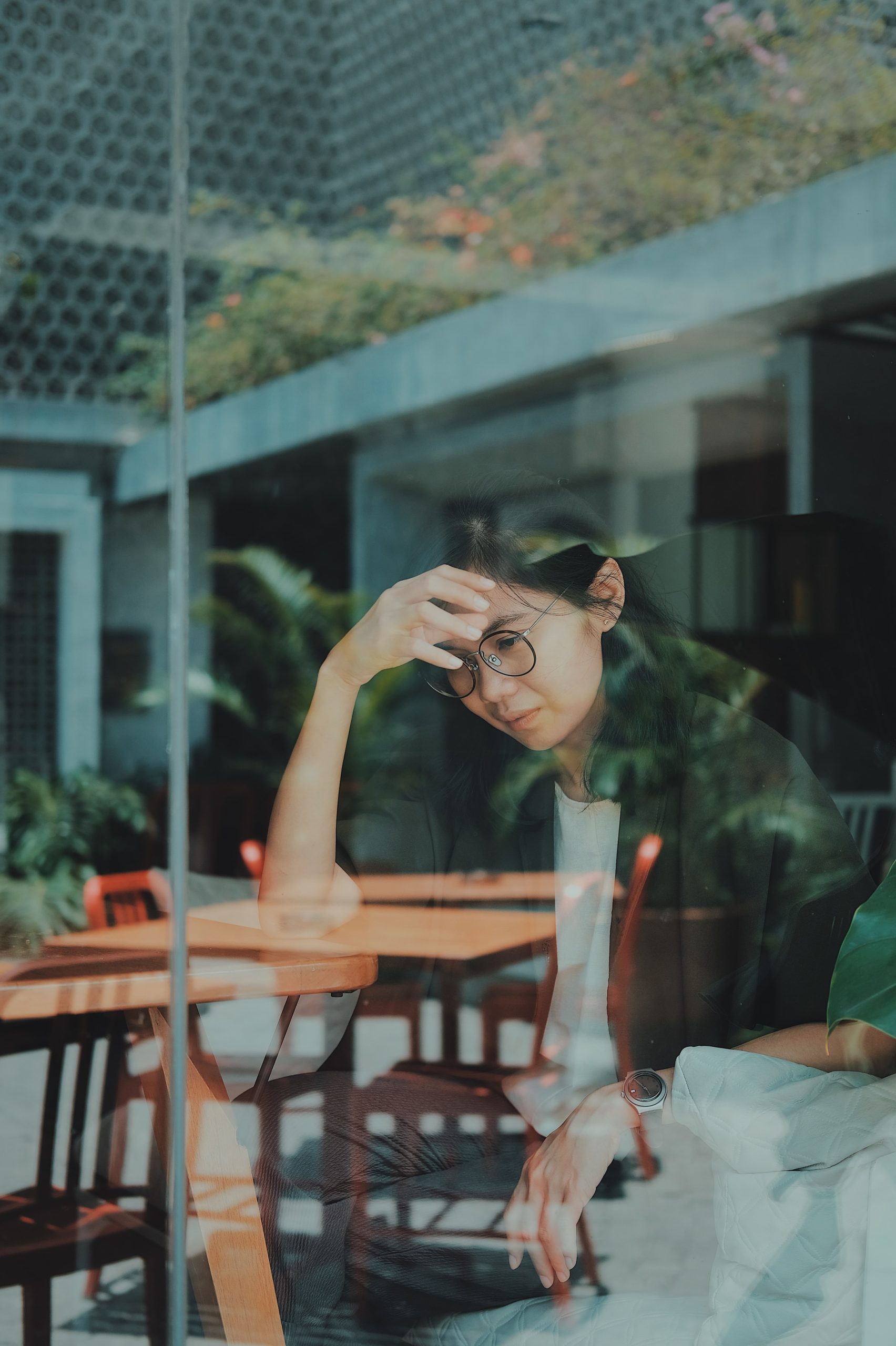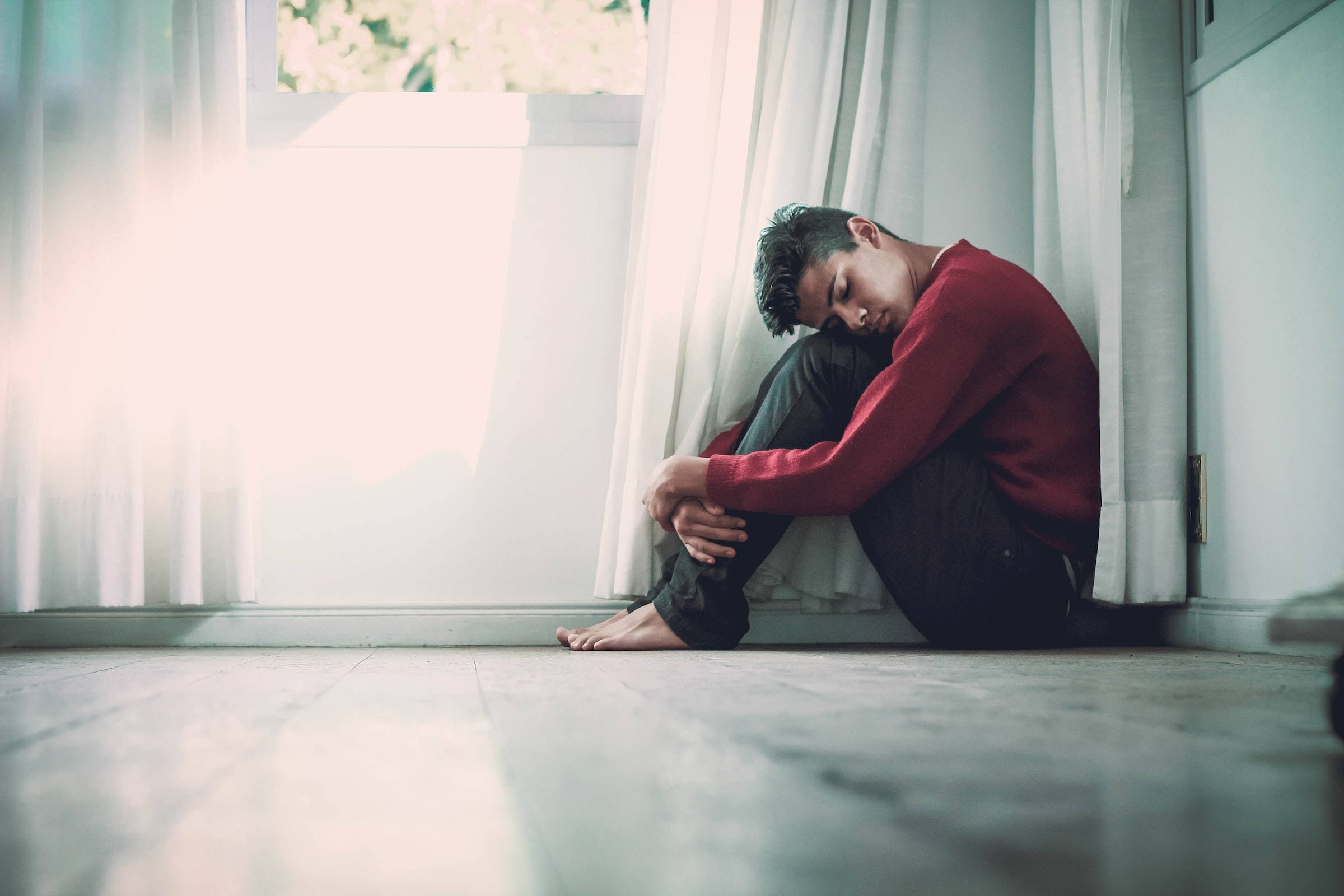
Top 5 Tips To Avoid Seasonal Depression
As autumn is in full swing, our spirits are falling to a low. Lack of light, falling temperatures, and rain are many reasons for this seasonal depression that overwhelms us. People suffering from SAD experience many of the symptoms of traditional depression: irritability, sadness, lack of energy, increased appetite, discomfort…
And these symptoms come back at the same time every year, starting in October when the amount of sunlight decreases significantly. If you or someone you know is affected by SAD, here are a few tips on how to keep it at bay until spring returns! So, without further ado, let’s dive into this blog and learn some of our tips to avoid (as best as possible) seasonal depression.
1. Get some light therapy

This is the first thing to add to your life if you tend to get depressed when fall arrives. Light therapy takes only 20-30 minutes a day and will really make you feel less tired and depressed. Plus, those few minutes will be time just for you! Make it a habit to enjoy your lamp while you sip your coffee every morning. You can also purchase a dawn simulator lamp to wake you up gently!
2. Keep moving and eating right
When the weather turns gray, keeping up your workout and healthy eating habits is harder. The second helping of apple pie and the bag of chips are much more tempting than the idea of putting on your boots and coat for a walk in the rain (or snow) when it’s already dark when you get out of the office or when you close your computer. Here are a few tips to help you maintain your good habits:
- Get out for a walk on your lunch hour, get active on your property to rake leaves, shovel your driveway, or do other task. If you are able, start a new activity.
- Find a workout partner (you’ll be less tempted to skip it!)
- If you don’t feel like working out outside, join a gym, a dance class, or something else you’d like to do.
- Allow yourself to eat a little bit of everything, and pay attention to the portions, because if you eat a lot, you can feel more tired. And while it’s anxiety-inducing to deprive yourself and feel guilty, food can still be the cause of a lack of motivation in the long run. Stay conscious of your diet, vary the pleasures on your plate, and don’t blame yourself for the treats that make you feel good!
- Don’t forget to stay properly hydrated. When it’s cold, we often drink less but don’t slack off. Adding herbal teas to your routine will not only warm you up but will also help you stay hydrated.
- If necessary, make up for any deficiencies you may have, including a vitamin D supplement in your routine.
3. Make sure you get enough vitamin D

Since we live in a northern country, when fall arrives and the number of sunlight decreases, it is possible to lack vitamin D in our system. In fact, we recommend that people over 50 take a vitamin D supplement on a regular basis. In any case, it is essential to ensure that you eat foods that contain vitamin D on a regular basis, such as:
- Eggs
- Fatty fish, such as salmon and rainbow trout
- Unsweetened milk
- Soft margarine
- Unsweetened fortified plant-based beverages, such as soy beverages
Talk to your pharmacist if you think you are not getting enough vitamin D from your diet. He or she will be able to recommend a supplement tailored to your needs that you can add to your diet to reduce the symptoms of deficiency, including seasonal fatigue.
4. Turn to medication, if necessary
It is possible that, despite all your efforts to counteract SAD, you may need medication to feel better. In this case, we are talking mainly about antidepressants that your doctor may prescribe depending on the severity of your symptoms.
Remember that SAD is an illness like any other and may need to be treated with pills. And just because your neighbor can overcome the symptoms doesn’t mean you can. Listen to your body and respect your limits. If medication is a solution for you, don’t deprive yourself of it, even though it may be difficult to come to that realization.
5. Learn about psychotherapy

According to a study in The American Journal of Psychiatry, cognitive-behavioral therapy is effective in treating SAD. If you have the opportunity, start psychotherapy with a therapist who has this approach to help you better manage the lack of light. This form of therapy is believed to have long-term effects on SAD symptoms. This is a good investment for your mental and physical health!
Sound off in the comments section below, and tell us what you want to read next and if you want to read more about seasonal depression.
You May Also Like

Top 5 Things To Know About The Human Brain
2022-06-09
Top 5 Tips To Fight Seasonal Depression (Part 2)
2023-01-18



One Comment
Pingback: